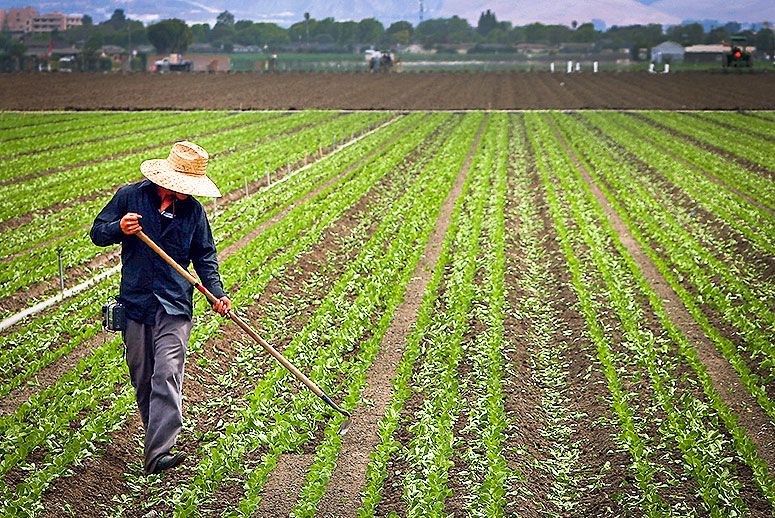By Akanimo Sampson
About 400 public officials, scholars and farmers from Benue, Cross River, Delta, Ebonyi, Kaduna, Kebbi, Niger and Oyo states as well as the Federal Capital Territory (FCT), Abuja have so far benefitted from the training of the Nigeria Strategy Support Programme of the International Food Policy Research Institute (IFPRI-NSSP).
The Institute delivered 16 trainings between March 25 and April 30 this year, covering a wide range of areas, including Group Dynamics, Issues in Agriculture, Monitoring and Evaluation (M&E), Policy Communications and the use of STATA for policy analysis.
Participants included agro-dealers, farmer groups, journalists and researchers in universities and ministries of agriculture at federal and state levels.
These trainings are all part of capacity-building activities within the framework of the Feed the Future Nigeria Agricultural Policy Project, aimed at enhancing the country’s capacity to produce and make widely available evidence that will inform sound policymaking for her agricultural sector.
For instance, the trainings on Group Dynamics, targeted at the farmer groups and agro-dealers are aimed at improving the information sharing within the various groups and strengthening the intra-group dynamics within and across the various associations.
The Monitoring and Evaluation trainings help actors in the private sector, civil society organisations and researchers measure results and keep track of organisational goals and objectives.
The trainings on Policy Communications are designed to equip various stakeholders with the knowledge and skills to be able to engage and respond effectively in public discussions around various agricultural issues, while the trainings on Econometrics for Policy Analysis using STATA help improve the analytical skills of early and mid-career researchers working on issues relevant to analysis of agricultural data.
Meanwhile, the trainings on Issues in Agriculture and Development are meant to provide basic understanding on land governance, climate change, food and nutrition security, and project evaluation in Nigeria’s agricultural sector for policy analysts and programme officers.
While often it is hard to measure initially, such trainings have a ripple effect on the whole system, shaping the way stakeholders think about and approach agricultural issues. They help improve research practice and analysis, equip civil society groups and private sector to engage effectively in policy advocacy and dialogue and encourage journalists to use a wider set of evidence in their agricultural reporting and programming.
For instance, Lunini Elemi, a lecturer at the University of Calabar (UniCal), had this to say at the end of a STATA training for academics and researchers in Calabar, the Cross River state capital in March, “I intend to step this down to undergraduate students, who will be taught… thereby discouraging them from the ‘check and run’ programme of using data. For me personally, the knowledge from this training will help me in cleaning, analysing and interpreting results appropriately.’’
The Feed the Future Nigeria Agricultural Policy Project is funded by the United States Agency for International Development (USAID|Nigeria) and jointly implemented by Michigan State University and IFPRI-NSSP.

